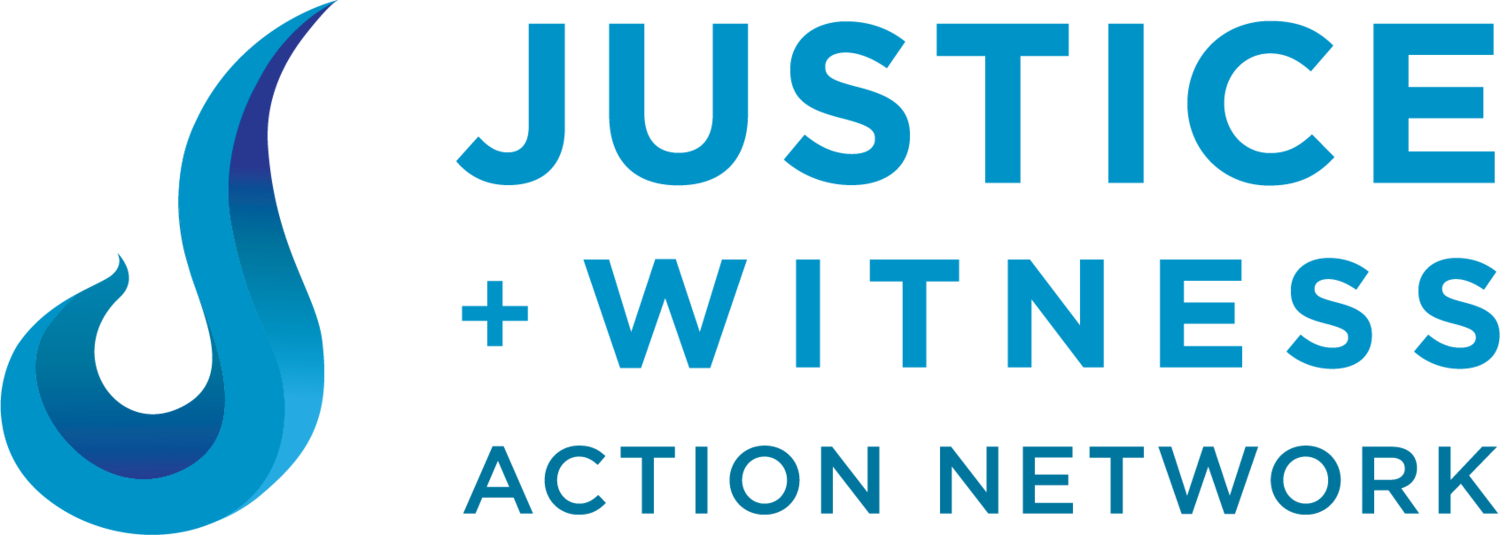Environmental & Climate
Justice Network
Our shared environment is in crisis, and as people of faith we are called to tend to it, to nurse its wounds, and to care for the people suffering due to climate change and environmental racism.
Every year we record a new record high temperature, higher global CO2 emissions, ever larger and more widespread wildfires, and shorter, warmer winters. The science has been done, the jury is in, climate change is real humanity is responsible in no small part for it. As people of faith we have an obligation to respond to that reality and work to preserve as much of God’s Garden as we can. Climate Justice is a thing we can achieve, as climate change worsens, we can have equitable outcomes for those most at risk. But it will require work. Work we’re not starting to be sure, but work we’re happy to be continuing and carrying forward into the next pivotal years and decades.
Our work isn’t only about mitigating the damage anthropogenic climate change will cause in our lifetimes, there’s plenty of work to be done pursuing justice for those far from the coastlines and the wildfires. Environmental racism, the manifestation of intentional urban planning choices, has led to sweeping disparities in quality and duration of life for communities of color who too often find themselves living next to smokestacks, freeways, and water treatment plants. Our work is bound up in achieving equity for these communities as well. While less dramatic than sinking cities, epidemic asthma and cardiac conditions from air pollution are no less serious crises that need the work of God’s helping hands.
The Environmental & Climate Justice Network of the Justice & Witness Action Network calls on local churches, clergy, and justice leaders across the Central Atlantic Conference to join us in the work of tending to God’s world, and the people in it through the struggle for environmental and climate justice
Get Involved with the
Mid-Atlantic Data Justice Collaborative
The Mid-Atlantic Data Justice Collaborative, a partnership between The Central Atlantic Conference of the UCC, Interfaith Power and Light (DC.MD.NoVA) and the Center for Community Engagement, Environmental Justice, and Health (CEEJH) from the University of Maryland will, over the coming months, gather air quality data to support underserved communities in the legislative process. We know communities of color have been systematically disadvantaged and burdened with environmental degradation and pollution, but we don’t have the hard numbers right now to demonstrate the scale of the problem. At the moment, there is a lack of high-resolution data on the subject, and it is the aim of the Data Collaborative to clear up that picture through the installation of air quality monitors on the grounds of participating congregations. These monitors will form the basis of an air quality monitoring network covering the Mid-Atlantic region, focusing on the Maryland and DC areas.
We aren’t simply stopping at gathering numbers though, we’re aiming to equip communities to better advocate for themselves on matters of climate justice and environmental racism. We encourage you to view the training sessions that covers everything from the basics of environmental justice and faith-based community organizing to how data is best used in policymaking to give folks the tools they need to advocate for their communities. While these sessions are required for any congregation participating in the air quality initiative, they are open to all local churches in the conference should they be interested in joining us and learning more.
Workshop Schedule:
In it from the ground floor
The United Church of Christ has been working toward environmental justice since the ‘70s and we’re still growing strong. A group of UCC ministers coined the term environmental racism in the early ‘80s as a matter of fact. As a church, we’ve been doing this work for a very long time. Take some time, and read up on where we’ve been. And once you have, join us in the journey toward where we’re going next.
Rev. Ben Chavis Jr. and the WCCC protesting in 1983
Pioneer in the cause of Environmental Justice, Rev. Ben Chavis Jr. joined with Warren County Citizens Concerned in 1983 to protest against the dumping of toxic waste after the state designated a landfill in the majority-Black community as a disposal site for chemicals whose production the US Congress banned outright in 1979. Hundreds would be arrested, and this movement would spawn the 1987 Toxic Wastes and Race in the United States report which would find that 60% of Black and Hispanic Americans lived in communities with what the EPA deemed “uncontrolled toxic waste sites,” or disposal sites that posed a recognized threat to human health.






